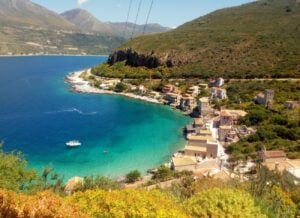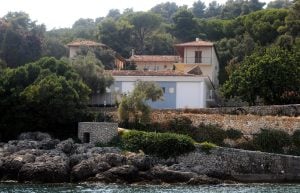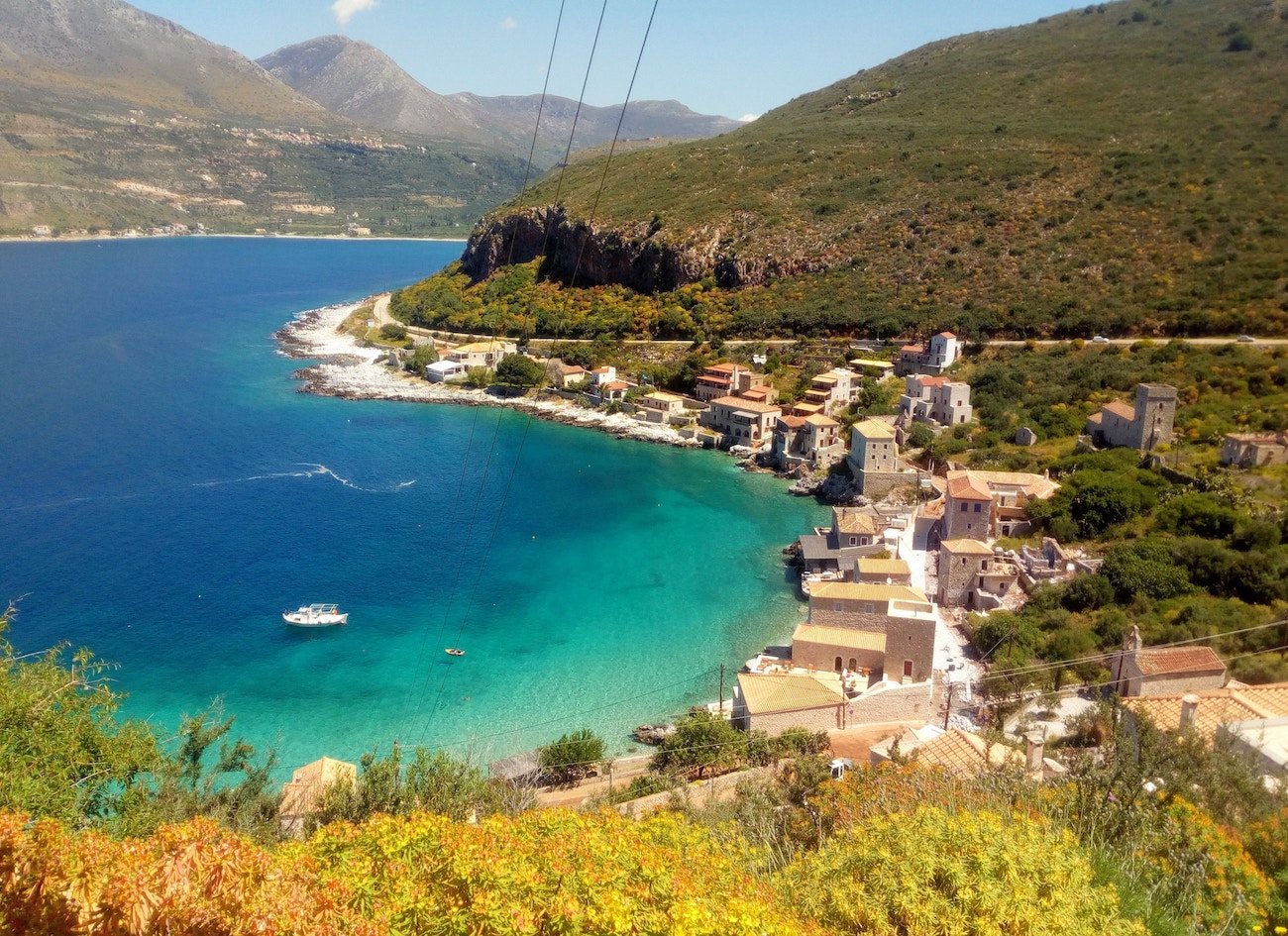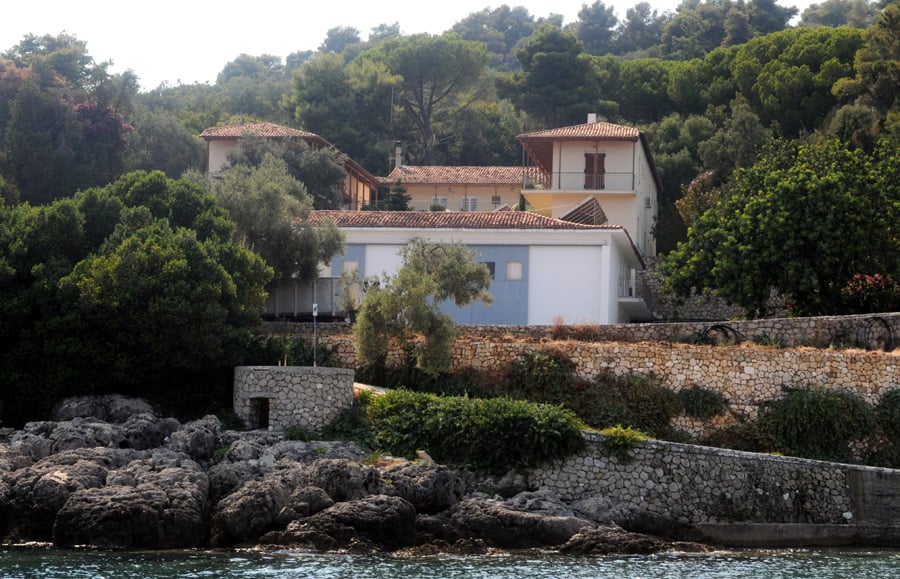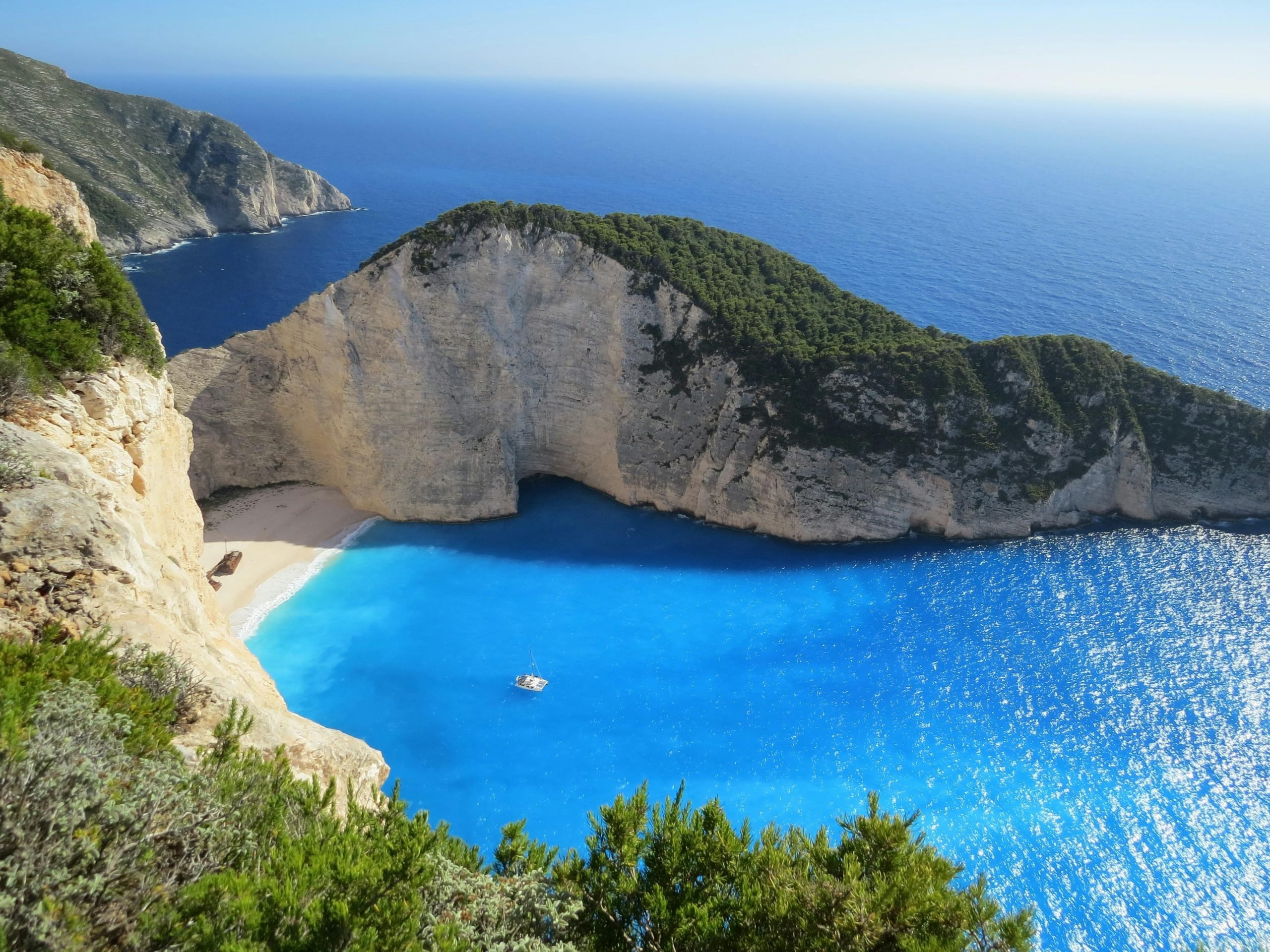Easter is the most important religious holiday in Greece, and it is celebrated with great reverence and enthusiasm. Greek Easter, in Greek known as Pascha, is celebrated according to the Orthodox Christian calendar, which often differs from the Western Christian calendar. More specifically, the holiday typically falls in late April or early May and is marked by a number of unique traditions and customs.
Each day features a different church service, culminating in the communal celebration of the resurrection of Christ in the night of the Good Saturday and the day of the Holy Sunday.
Preparing for Easter in Greece
For the older populations, one of the most practised traditions of Greek Easter is the fast leading up to the holiday. The period of Lent begins seven weeks before Easter and traditionally is a time of self-denial and spiritual reflection. Many Greeks choose to give up meat, dairy, and other animal products during this time and instead follow a vegan diet. The fasting period culminates in the Holy Week, during which some believers abstain even from olive oil!

The Procession of the Epitaphios
On Good Friday, the Orthodox Church observes the crucifixion of Christ with a sombre service that concludes in the procession of the Epitaphios. The procession, led by the priest and accompanied by the faithful carrying candles, winds its way through the streets of the town or village, stopping at various points to sing hymns and pray.
The procession ends at the church, where the Epitaphios is placed for the faithful to venerate. Visitors present for the procession of the Epitaphios are certainly surprised with the resulting experience, which is overwhelmingly touching.

Holy Saturday
Many Greeks start their way to the church around 23.00-23.30 on the night of the Holy Saturday. The service is typically held outdoors, and the faithful gather with candles and lanterns to await the resurrection.
It is a melancholic atmosphere until the stroke of midnight when the priest announces the resurrection of Christ, and the faithful cry out, “Christos Anesti!” (“Christ is Risen!”). Then, the service is marked by the ringing of bells, the lighting of fireworks, and, once again, the cheerful singing of hymns.
The Easter Menu
After the service, families gather to celebrate the holiday and partake in traditional Easter foods. One of the most popular Easter dishes in Greece is magiritsa, a soup made from lamb offal and herbs. The soup is traditionally eaten after the midnight service, and it is believed to be a fortifying meal after the long period of fasting.
Undoubtedly, the most popular Easter dish in Greece is lamb, which is roasted on a spit or cooked in a variety of other ways. Families gather together on Holy Sunday, typically in an outdoor area, and feast!
Another important Easter food is the tsoureki, a sweet bread made with orange zest and spices.
The baking of the tsoureki usually takes place on Good Wednesday or Thursday, and the bread is braided into a circular shape, symbolizing the crown of thorns worn by Jesus during his crucifixion.

The Breaking of the Eggs
The most beloved Easter tradition in Greece is the game of egg cracking or tsougrisma. The game is played by two people, each holding a red-dyed egg. The goal is to crack the other person’s egg without breaking your own. The winner is the person whose egg remains unbroken. Tsougrisma is usually played after the midnight service on Holy Saturday, and it is a fun and competitive way for families and friends to celebrate the holiday.
What Calendar is Used to Decide the Orthodox Easter?
In Greece, Easter is based on the Julian calendar. The Julian calendar was created by the Roman emperor Julius Caesar and is based on how long it takes for the Sun to go around the earth. The Julian Calendar was made in 45 BC, and was used until 1582 AD. So, the Julian Calendar was used when the Orthodox Church was first created.
In most other areas of the world, the Gregorian Calendar is used. This is why the Catholic Church celebrates Easter on a different day than the Orthodox Church. The Gregorian Calendar was created by Pope Gregory in 1582 and it fixed some of the problems of the Julian Calendar, which was slightly less accurate.


